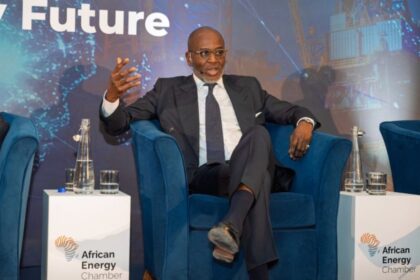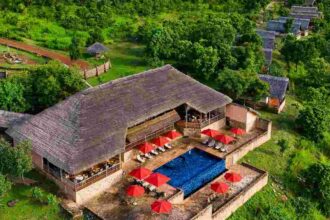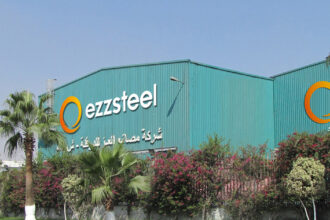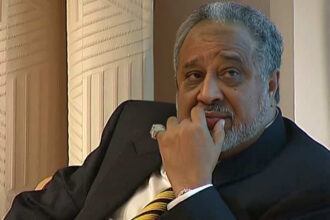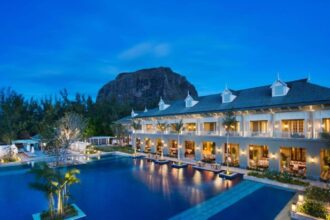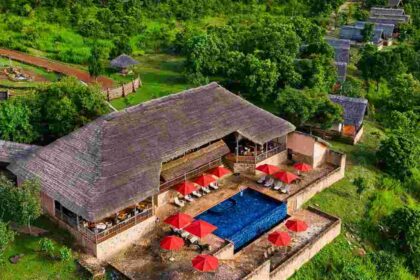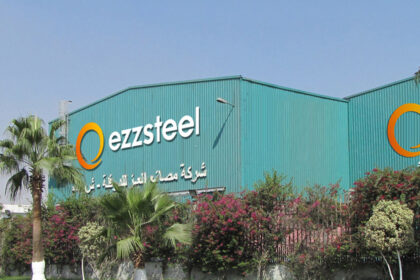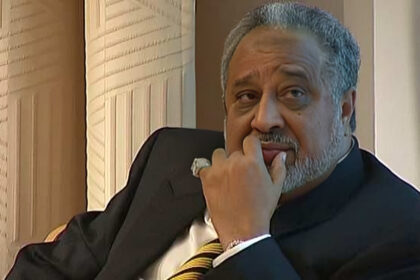At a Glance
- Family-owned firms sustain Africa’s economies through long-term planning and intergenerational leadership.
- From retail to energy, these companies anchor jobs and stability across the continent.
- New generations modernize operations while preserving family values that built lasting enterprises.
Family-run businesses in Africa form the backbone of the continent’s private sector, driving growth across industries from retail and energy to construction and agriculture.
These multi-generational companies, often built through resilience and long-term vision, employ millions and anchor national economies.
From Egypt’s textile factories to Uganda’s sugar estates, Africa’s family businesses represent more than financial success; they embody commitment, adaptation, and continuity.
Many are now transitioning to new generations of leaders, modernizing operations, and welcoming outside investors while preserving the values that built their foundations.
Through political shifts, economic reforms, and market disruptions, these families have held their ground. Their resilience underscores one enduring fact: family-run businesses are not just a part of Africa’s past; they remain at the heart of its economic future.
According to PwC’s 2025 Africa Family Business Survey, more than 60 percent of private companies across the continent are family-controlled, underscoring their importance in job creation and regional trade.
Here are 21 of the top family-run businesses that continue to define Africa’s economic landscape as profiled by Shore Africa.
1. Cevital Group
Country: Algeria
Founded in 1971 by the late Issad Rebrab, Cevital grew from a small food processing business into Algeria’s largest privately-owned conglomerate. Today, the group operates across agribusiness, electronics, logistics, and steel manufacturing, employing more than 18,000 people. The Rebrab family continues to guide Cevital’s expansion across Europe and West Africa.

2. Mansour Group
Country: Egypt
Established in the 1950s by Loutfy Mansour, the Mansour Group has grown into a global powerhouse active in over 100 countries. It operates in automotive distribution, consumer goods, and energy, with key partnerships including General Motors and Caterpillar. Under the leadership of Mohamed, Yasseen, and Youssef Mansour, the group generates revenues exceeding $7 billion, reflecting decades of steady growth and careful diversification.
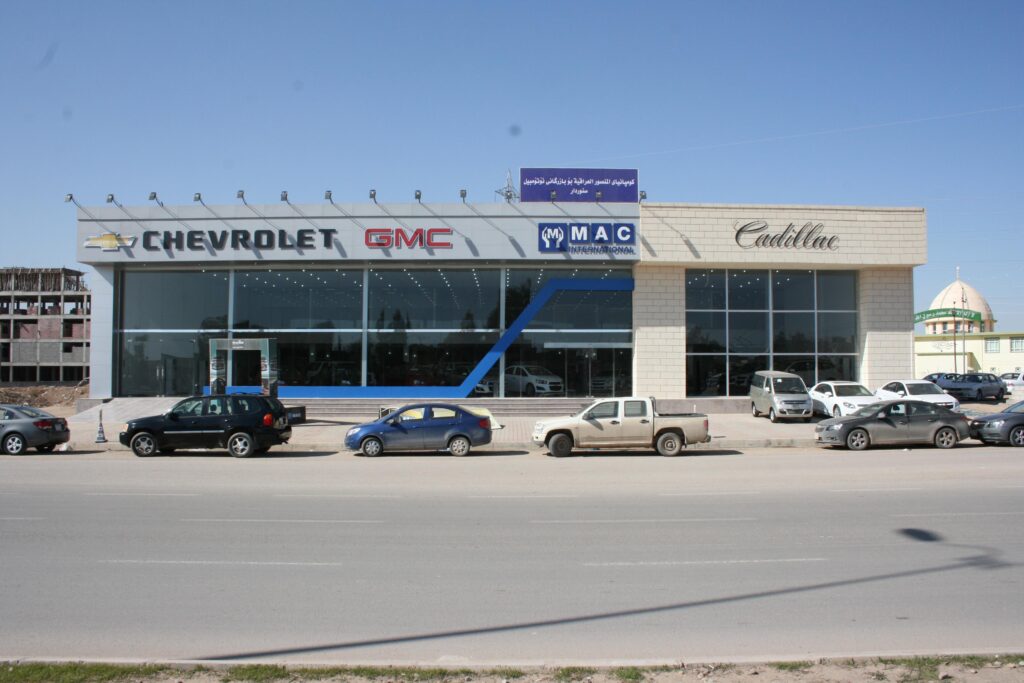
3. Madhvani Group
Country: Uganda
The Madhvani story began in 1914 when Muljibhai Madhvani set up a small trading company in Jinja. Over time, it expanded into sugar, tea, construction, hospitality, and insurance, becoming one of East Africa’s largest employers. Now led by the third generation, the family continues to play a key role in Uganda’s industrial and social development.
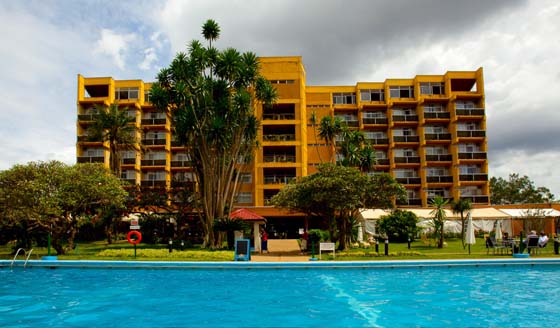
4. Pick n Pay
Country: South Africa
Founded in 1967 by Raymond Ackerman, Pick’n Pay has grown from four Cape Town stores into a retail network of more than 1,500 outlets across Africa. Still chaired by the Ackerman family, it remains South Africa’s second-largest supermarket chain and one of the continent’s best-known retail names.
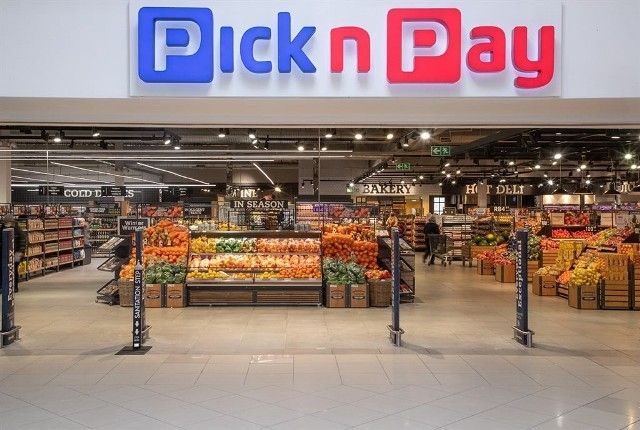
5. Elaraby Group
Country: Egypt
Mahmoud Elaraby started this family venture in 1964, building it into a cornerstone of Egypt’s manufacturing industry. Partnering with global brands like Toshiba and Sharp, Elaraby produces electronics and home appliances now sold in over 60 countries. The second generation has strengthened its export base and expanded operations across Africa and the Middle East.
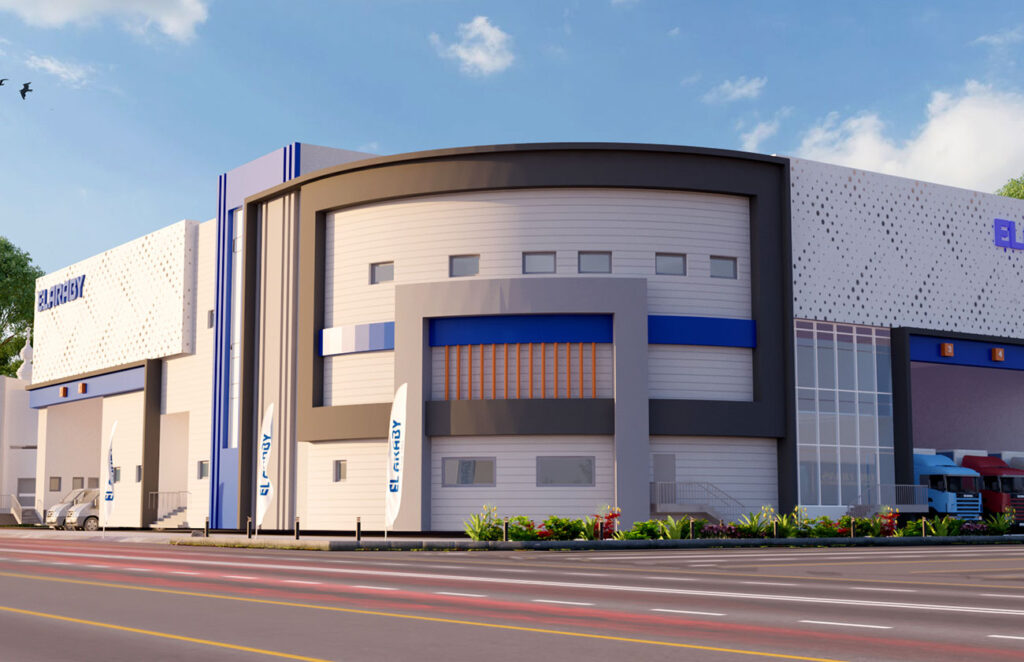
6. Oriental Weavers
Country: Egypt
Launched in 1979 by the late Mohamed Farid Khamis, Oriental Weavers grew from a single factory into one of the world’s largest carpet producers. Still led by the Khamis family, the company exports globally while blending traditional artistry with modern industrial production.
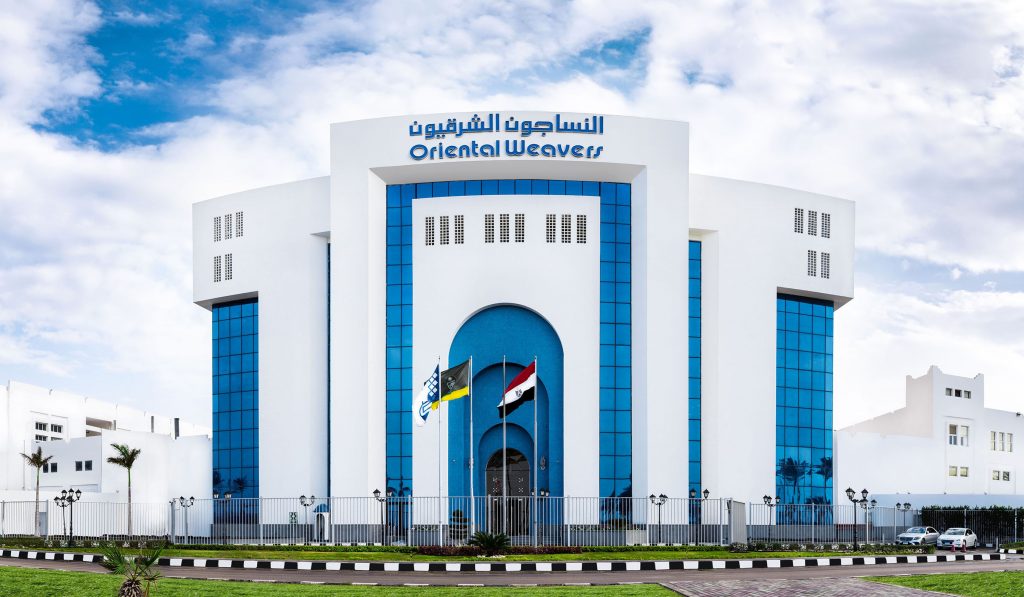
7. El Sewedy Electric
Country: Egypt
Founded in 1938 as a small electrical trading business, El Sewedy Electric has evolved into a regional leader in energy infrastructure, cables, and renewable power. Under CEO Ahmed El Sewedy, the group operates in more than six countries, investing heavily in sustainable energy and grid modernization projects.
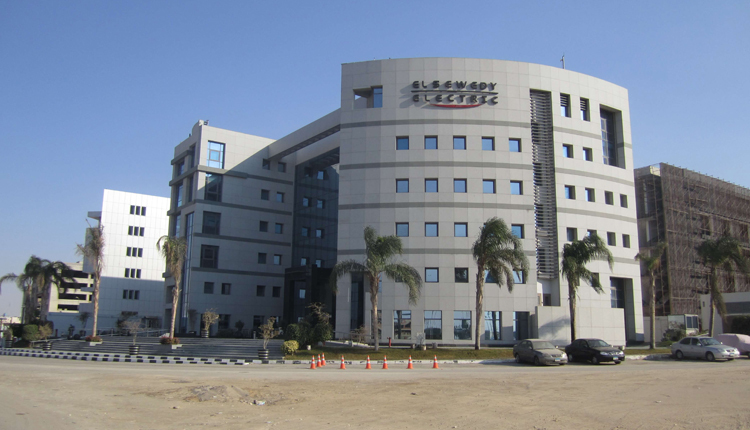
8. Hassan Allam Holding
Country: Egypt
Established in 1936, this construction and engineering group helped build much of Egypt’s modern infrastructure, from roads and airports to solar plants and housing developments. Still managed by the Allam family, the firm remains one of North Africa’s most respected and enduring names in engineering.
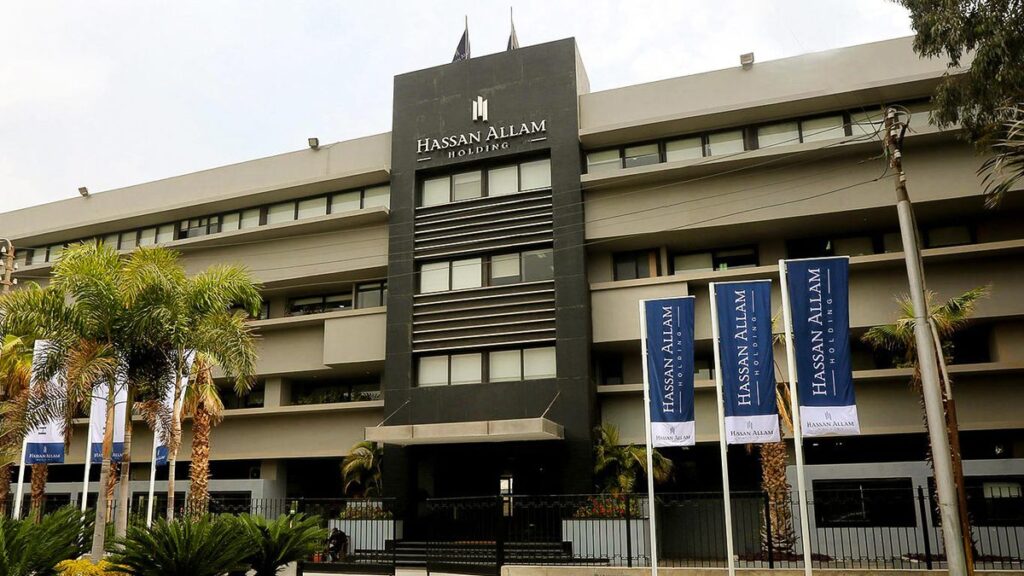
9. ABC Group
Country: Mauritius
Founded in 1931 by Sir Jean Ah-Chuen, ABC Group began as a small shipping business before expanding into logistics, manufacturing, and financial services. Now run by the third generation, it remains a cornerstone of the Mauritian economy and a key player in the island’s industrial growth.
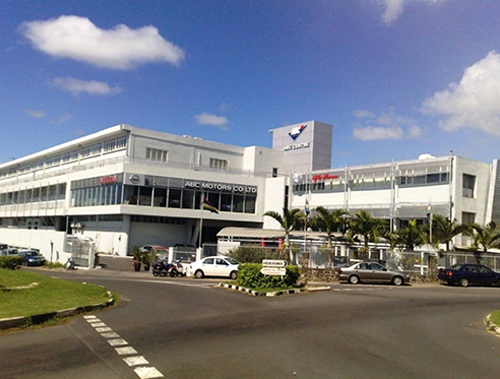
10. ENL Group
Country: Mauritius
Tracing its roots to 1821, ENL Group is among Africa’s oldest family-owned enterprises. The Espitalier-Noël family has turned the company into a diversified investment firm active in real estate, finance, and hospitality. Its long history highlights the island’s deep-rooted culture of family enterprise and succession planning.
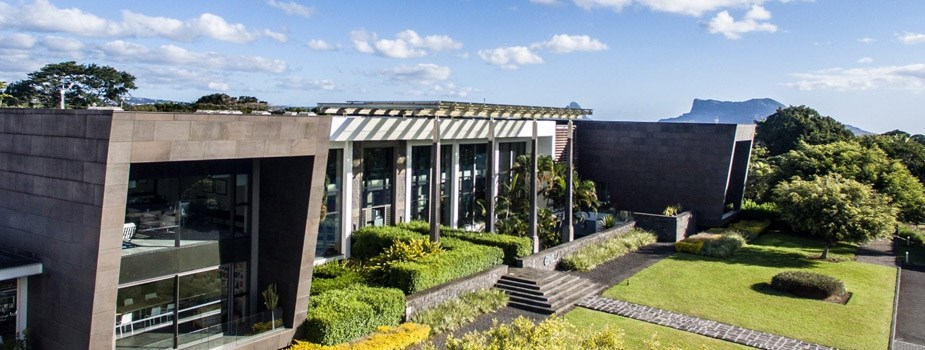
11. METL Group
Country: Tanzania
Started in the 1970s by Gulam Dewji, METL has grown into Tanzania’s largest private company, employing over 30,000 people. Today, under Mohammed “Mo” Dewji, the group operates in manufacturing, textiles, agriculture, and logistics, demonstrating how Africa’s younger business leaders are building on family legacies to meet new market realities.
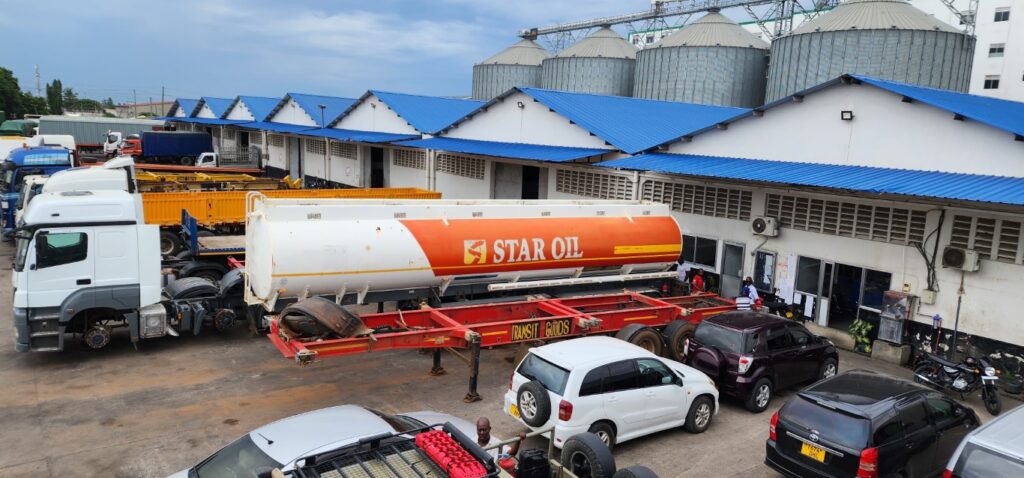
12. Olayan Group
Country: Pan-Regional
Established in Saudi Arabia, the Olayan Group is a global family investment company with major African holdings across retail, manufacturing, and infrastructure. Managed by the founding family, it remains one of the Middle East’s most influential private investors.
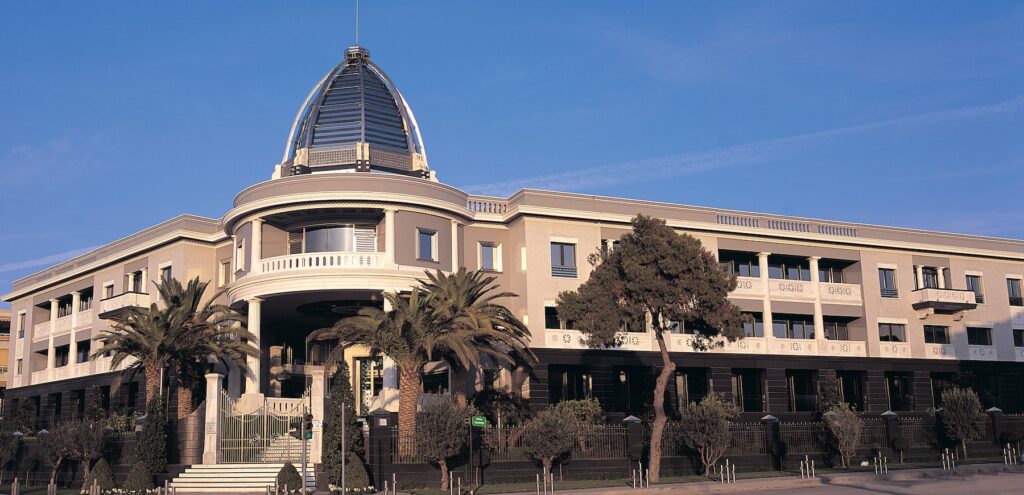
13. Rafael & Attieh Family Enterprises
Country: North Africa / Levant
Long-established family groups engaged in trade, industry, and construction across North Africa and the Levant, maintaining multi-generational operations rooted in cross-border partnerships.
14. Movit Products
Country: Uganda
Founded by Simpson Birungi, Movit is a family-run manufacturer of cosmetics and personal care products. It has become one of Uganda’s leading FMCG brands, expanding its presence across East and Central Africa.
15. Chandaria Group
Country: Kenya
A family-owned conglomerate led by the Chandaria family, the group operates in manufacturing, paper products, and real estate. It remains one of Kenya’s most enduring industrial names with a strong philanthropic legacy.
16. Poulina Group Holding
Country: Tunisia
Founded in 1967, Poulina is one of Tunisia’s largest conglomerates, active in agribusiness, manufacturing, and construction. Still largely family-controlled, it plays a central role in the country’s industrial landscape.
17. BMCE / Benjelloun Family Interests
Country: Morocco
Spearheaded by Othman Benjelloun, the BMCE-linked family businesses hold major stakes in finance, insurance, and investment across North and West Africa, underscoring Morocco’s private-sector influence in the region.
18. SIFCA Group
Country: Ivory Coast
A family-owned agribusiness leader in West Africa, SIFCA operates in palm oil, rubber, and sugar production. It remains a cornerstone of Côte d’Ivoire’s export economy and industrial employment base.
19. Mabrouk Family Group
Country: Tunisia
One of Tunisia’s most prominent business families, the Mabrouks have interests spanning retail, distribution, and banking, including partnerships with global consumer brands.
20. Afrirent Holdings
Country: South Africa
A diversified, family-owned investment company active in fleet management, property, and infrastructure services. Afrirent has grown steadily through strategic public and private partnerships across Southern Africa.
21. Dis-Chem Pharmacies
Country: South Africa
Founded in 1978 by Ivan and Lynette Saltzman, Dis-Chem began as a family pharmacy and expanded into one of South Africa’s largest health and beauty retail chains, blending family leadership with professional management.

